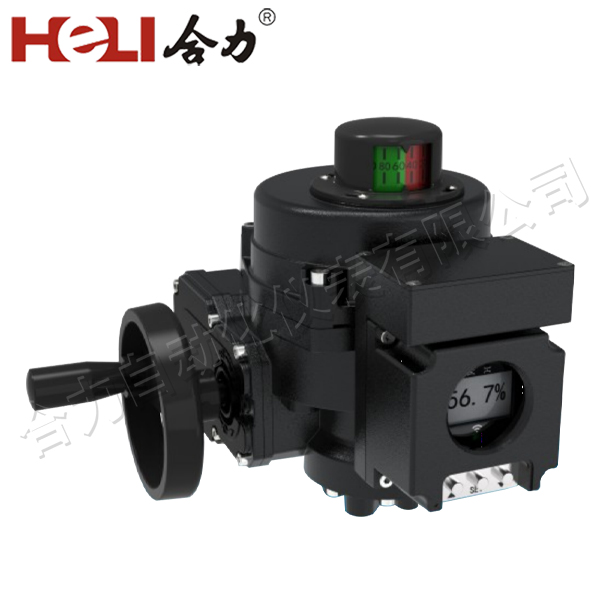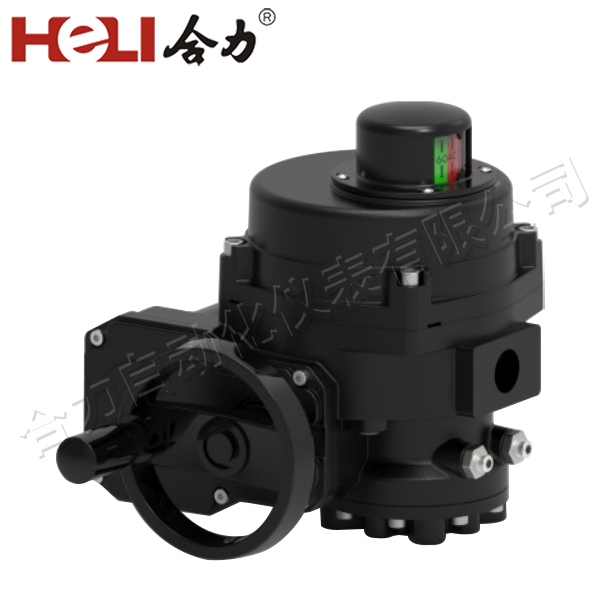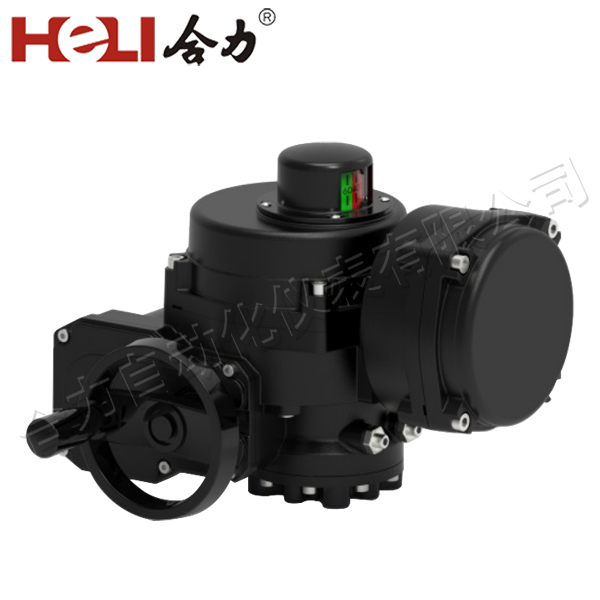
Hydrogen energy electric actuators are emerging as a groundbreaking technology in the quest for sustainable and efficient mechanical systems. These actuators utilize hydrogen as an energy source, offering a cleaner alternative to conventional electric actuators powered by fossil fuels or batteries. This article delves into the working principles, benefits, challenges, and future potential of hydrogen energy electric actuators, providing a comprehensive overview of this innovative technology.

At its core, a hydrogen energy electric actuator operates by converting hydrogen's chemical energy into mechanical motion. This process typically involves a hydrogen fuel cell, which generates electricity through a chemical reaction between hydrogen and oxygen. The electricity produced is then used to power an electric actuator, which converts electrical energy into precise mechanical movement. This setup allows for a highly efficient and environmentally friendly actuation system.

